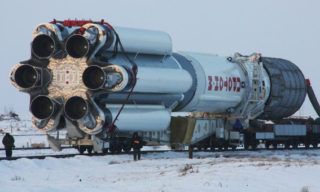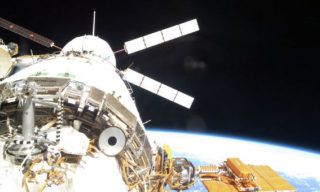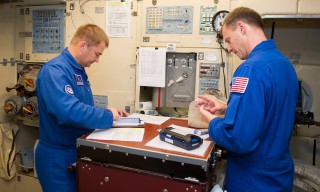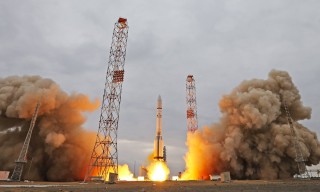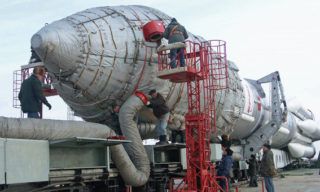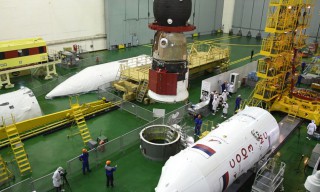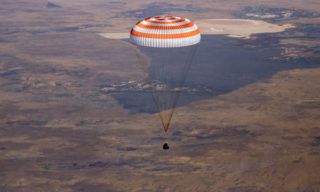The International Space Station orbit altitude is to be increased by 890 meters on June 24, 2021 during a reboost with the Progress MS-16 cargo vehicle engines.
According to the TsNIIMash Mission Control Center (part of Roscosmos) preliminary data, at 02:25 UTC, the Progress MS-16 spacecraft engines will be switched on and burn for 466 seconds giving the station an impulse of 0.5 m/s. The average altitude of the station’s orbit will reach about 420.26 km above the Earth’s surface.
The ISS orbit parameters after the reboost:
- Rotation period: 92.92 min;
- Orbit inclination: 51.66 deg;
- Minimal orbit altitude over the Earth’s surface: 419.27 km;
- Maximum orbit altitude over the Earth’s surface: 439.32 km.
The routine reboost is carried out to form ballistic conditions prior to the CST-100 Starliner (Boe-OFT 2) US spacecraft launch, the Soyuz MS-19 crewed spacecraft launch and the Soyuz MS-18 descent vehicle landing.
Currently the 65th expedition crew is working at the ISS including Roscosmos cosmonauts Oleg Novitskiy, Pyotr Dubrov and NASA astronaut Mark Vande Hei who arrived at the station on April 9, 2021 on the Soyuz MS-18 spacecraft, as well as Crew Dragon spacecraft crew of NASA astronauts Shane Kimbrough and Megan MacArthur, European Space Agency astronaut Thomas Pesquet, as well as Japan Aerospace Exploration Agency astronaut Akihiko Hoshide.





